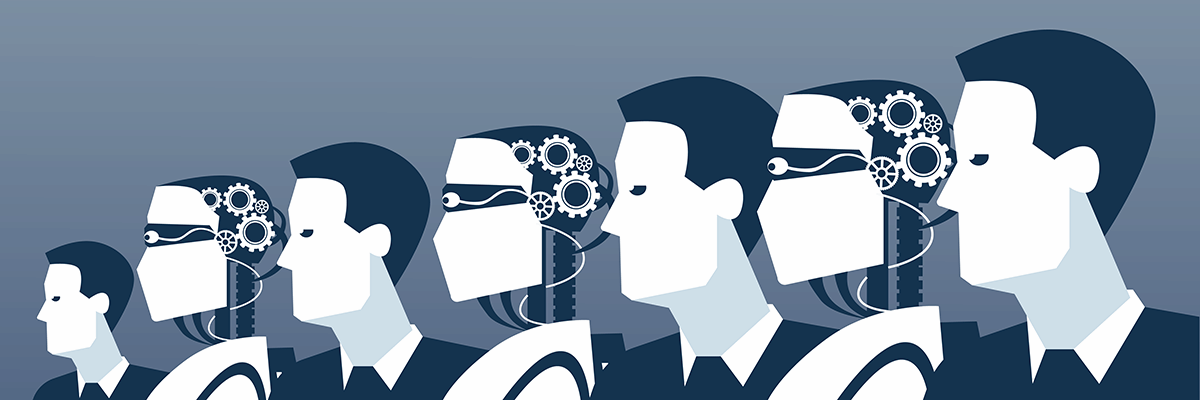Source – https://www.timesnownews.com/
The population ageing, changing patient expectations, a shift in lifestyle choices, and the never-ending cycle of innovation are a few of the implications of an ageing population.
New Delhi: Medical science has come a long way from what it was back in the 80s and 90s. With the new era and technology, the healthcare industry is at its best times and with the growing demand is an unstoppable industry to look forward to. Read on to know what is really building on!
The population ageing, changing patient expectations, a shift in lifestyle choices, and the never-ending cycle of innovation are a few of the implications of an ageing population. As per the joint report with the European Union’s EIT Health, by 2050, one in four people in Europe and North America will be over the age of 65—this means the health systems will have to deal with more patients with complex needs. Managing such patients is expensive and requires systems to shift from an episodic care-based philosophy to one that is much more proactive and focused on long-term care management. What will come as an aid to the industry are artificial intelligence (AI), machine learning (ML) and deep learning (DL) as they will help revolutionize healthcare and address some of the major challenges.
So, what is AI? It is the capability of a computer program to perform tasks or reasoning processes that we usually associate with intelligence in a human being. AI can lead to better care outcomes and improve the productivity and efficiency of care delivery. It can also improve the day-to-day life of healthcare practitioners, letting them spend more time looking after patients and in so doing, raise staff morale and improve retention. It can even get life-saving treatments to market faster. Artificial Intelligence in Healthcare is expected to grow from $2.1 billion to $36.1 billion by 2025, displaying a CAGR of 50.2% over the span.
What really is ML? ML is the study of computer algorithms that improve automatically through experience. It is seen as a part of artificial intelligence. Machine learning (AI) has indeed played a key role in many areas of health care, including the development of new medical procedures, the handling of patient data and records, and the treatment of chronic diseases. It is understood that hospitals, clinics, and other healthcare organizations around the globe are gradually beginning to recognize the need for digitization and integration within administrative processes. In recent years, scientists and scholars have joined the field of cancer diagnosis and treatment. One future approach is combining cognitive computation with genomic tumour sequencing. This uses machine learning to build diagnostics and clinical therapies. For example, The da Vinci robot helps surgeons to conduct procedures at a level of precision. These robotic hands are more precise and reliable than human hands. Computer vision and machine learning are used to classify the body parts of humans.
Moving to DL, here is what it really means and how it is helping the healthcare industry. Deep learning is part of a broader family of machine learning methods based on artificial neural networks with representation learning. Learning can be supervised, semi-supervised or unsupervised. When it comes to healthcare, in a recent book published by Dr Eric Topol entitled ‘Deep Medicine’, the cardiologist and geneticist emphasize how deep learning in healthcare could ‘restore the care in healthcare. Aidoc, for example, has developed algorithms that expedite patient diagnosis and treatment within the radiology profession. The company has received several accreditations and approvals from the Food and Drug Administration, the European Union CE and the Therapeutic Goods of Australia (TGA) for its specialized algorithms. These algorithms include intracranial haemorrhage, pulmonary embolism and cervical-spine fracture and allow for the system to prioritize those patients that are in most need of medical care. This targeted form of AI and deep learning helps the overburdened radiologist by flagging items that are of concern and thereby allows the healthcare professional to direct patients with greater control and efficiency. It also reduces admin by integrating into workflows and improving access to relevant patient information.
AI is now top-of-mind for healthcare decision-makers, governments, investors and innovators, and the European Union itself. An increasing number of governments have set out aspirations for AI in healthcare, in countries as diverse as Finland, Germany, the United Kingdom, Israel, China, and the United States and many are investing heavily in AI-related research. The private sector continues to play a significant role, with venture capital (VC) funding for the top 50 firms in healthcare-related AI reaching $8.5 billion, and big tech firms, startups, pharmaceutical and medical-devices firms and health insurers, all engaging with the nascent AI healthcare ecosystem.
We are in the very early days of our understanding of AI and its full potential in healthcare, in particular with regards to the impact of AI on personalization. Nevertheless, interviewees and survey respondents conclude that over time we could expect to see three phases of scaling AI in healthcare, looking at solutions already available and the pipeline of ideas.
